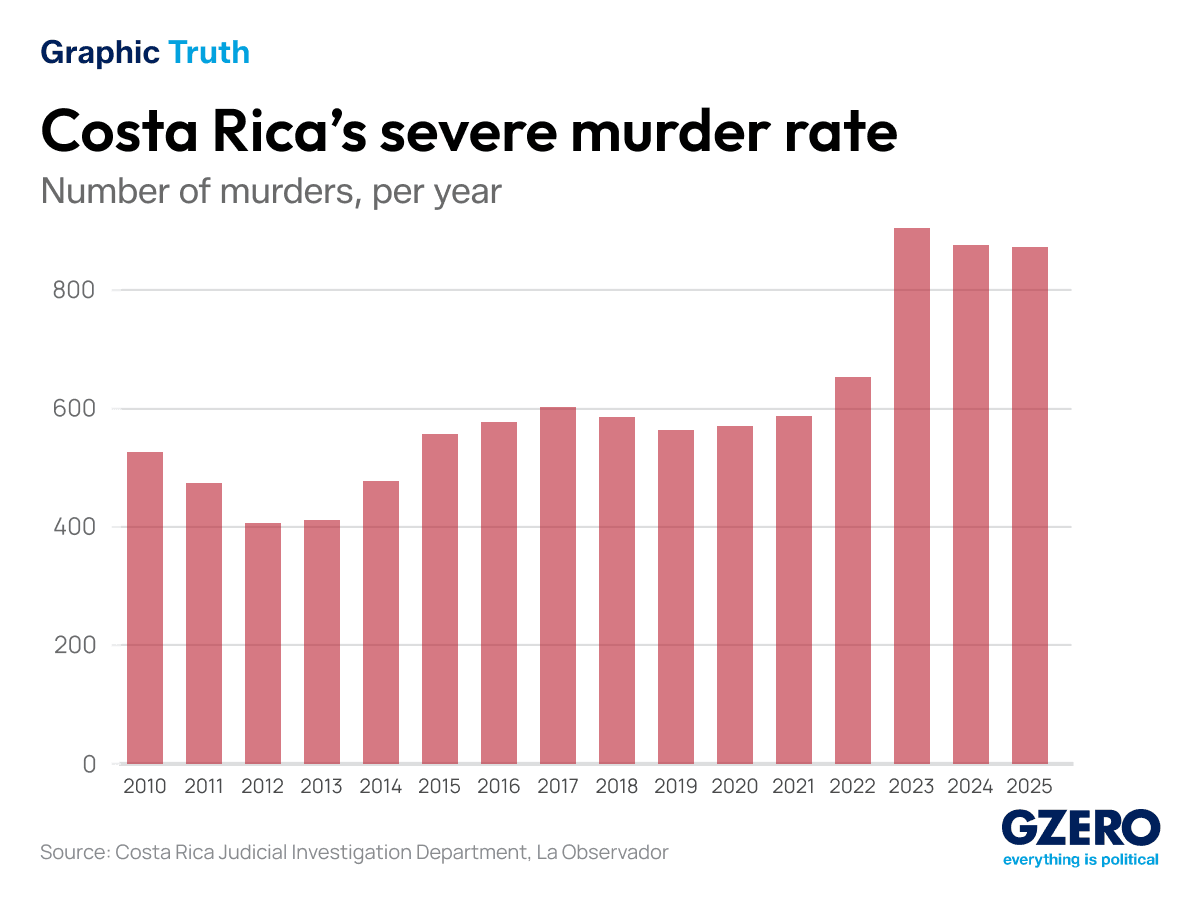What's Good Wednesdays
September 03, 2025
Read: The Friday Afternoon Club by Griffin Dunne, a 2024 family memoir from the son of acclaimed crime writer Dominick Dunne, and nephew of Joan Didion. I picked it up in the final days of summer and couldn’t put it down, as Dunne weaves a humorous and often heartbreaking tale of the secrets–and the tragic murder of his sister–that forever changed a famous family.– Tony
Listen: New York Times columnist Ezra Klein’s discussion with human rights lawyer Philippe Sands over what constitutes a genocide. Fair warning: this conversation is a harrowing one, as would be any that involves discussions of mass killing. But given the humanitarian disasters in various parts of the world – be it Gaza, Ukraine, or Sudan – it’s an essential and fascinating listen to understand both the legal definition of genocide, and how this differs at times from public perceptions. – Zac
Watch: The 145th US Open is heading into its final days, closing out the Grand Slam season. The tournament hasn’t quite hit the mark this year (e.g, early exits from Daniil Medvedev and Madison Keys) but the best matches are finally on deck. If you’ve got a spare $600, visit the stadium in the New York City borough of Queens and watch the match live. Otherwise, the couch is just as good a seat to see 38-year-old Novak Djokovic battle young phenom Carlos Alcaraz in Friday’s semi-final and maybe even Jannik Sinner as he chases Grand Slam title number 5 (and his third of this year). – Suhani
More For You
Most Popular
Think you know what's going on around the world? Here's your chance to prove it.
Xi Jinping has spent three years gutting his own military leadership. Five of the seven members of the Central Military Commission – China's supreme military authority – have been purged since 2023, all of whom were handpicked by Xi himself back in 2022.
From a resilient but divided consumer economy to cooling small business hiring, tighter housing affordability, and AI’s shift from buzzword to economic engine, 2025 revealed a “K-shaped” recovery and rapid technological transformation. Bank of America Institute’s 2025 Year in Review distills the data behind the year’s defining trends. Explore the 2025 Year in Review from Bank of America Institute.
© 2025 GZERO Media. All Rights Reserved | A Eurasia Group media company.
